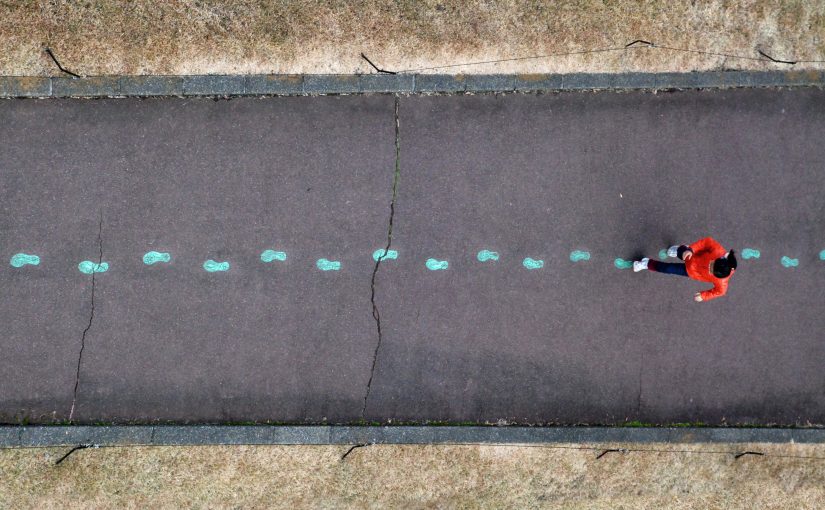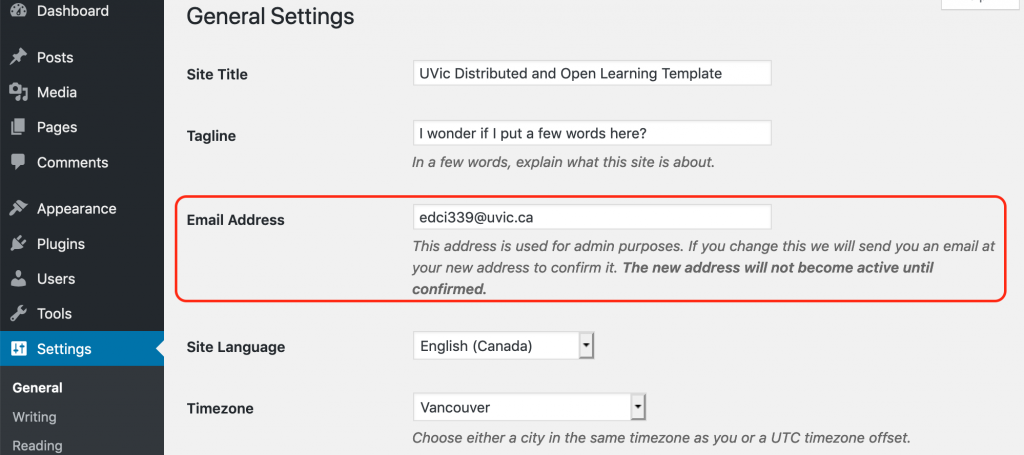Personal privacy violation
The rapid development of network technology has brought significant changes to the political, economic, cultural, and educational fields of society, and has also changed people’s lifestyles and become more convenient. However, when people enjoy the convenience and speed brought by the network, at the same time, the network also quietly breaks the boundaries between time and space, and violates personal privacy. Only when we are threatened or violated by the network, we can realize that the network is not as good as we think.
First of all, in my daily life, I can often feel personal privacy violations, such as online shopping, when you browse some things, it will record your online habits, and the network will automatically recommend similar products for you. Personal privacy violations on the Internet made me feel even more terrible, it can almost leak everything about me. If you are an international student, I believe that you are likely to have a similar experience with me. I received a fraudulent phone call from the Embassy. The criminal pretends to be an embassy staff member and then claims that I am involved in a cross-border money laundering case, or I have a parcel containing 20 credit cards. This parcel violates some laws. I have to go to Toronto to get the parcel, and there are other similarities. The incident, even though these examples sound ridiculous, but when they can not only say my name, domestic ID number, mobile number, or even know where I am, the name of the parents, this information makes me dare not believe it. This time, I realized that my information was completely leaked. It looks like an internet fraud, but from another perspective, this is a violation of personal privacy. Just because they know my personal information, they can do whatever they want. This is a very terrible thing, because they have such detailed personal information, which will cause some students to be deceived, not only lose a lot of money, but even risk losing their lives. (Interestingly, even if we have already seen their tricks, these people will still dial the same mobile number multiple times.)
As I described my experiences in the previous paragraph. Like the first video I saw online, in the “Terrorist Pizza”, when the staff connected the system, he knew everything about Mr. Kelly, including address, mobile phone, work address, health status, credit card usage records, and even his wife. Personal information, the network can discover all the personal information of a person, it not only knows all of our personal information, it also monitors us and the people we have been with us, personal privacy violations keep us and the people we care about in an insecure Status. Most of the time, we don’t even know that our privacy has been violated. In the second video, even if we only surfed the Internet for ten minutes, through those connected points, we can see that various websites we don’t know are invading privacy. It is worth mentioning that “The internet is increasing a privately-owned public space. On April 3, 2017, Donald Trump signed into law a bill overturning Obama-era protections for internet users. The new law permits Internet Service Providers (ISPs ) to access, without permission, data about our internet use patterns — from the sites we visit to the search terms we use and the data isn’t restricted to the work we do on computers â€(Morris & Stommel, 2018). Personally, I think this poses a threat to the online security. At the same time, unauthorized access means violations. Such a law can condone more and more large-scale monitoring behaviors. Just like what happened in 2013. The Snowden incident of the year, the National Security Agency implemented an electronic surveillance program: people can be monitored via email, voice chat, photos, video network materials and various details. The Snowden incident has had a huge impacts and Social panic. This undoubtedly shows a strong rejection of privacy violations.
I believe that infringement of personal information on the Internet is disrespect for people. People will have no secrets and will be controlled by a variety of profitable people and stay in an insecurity status.
References:
Morris, S. M., & Stommel, J. (2018). A Guide for Resisting Edtech: The Case Against Turnitin. An Urgency of Teachers. Retrieved from: https://criticaldigitalpedagogy.pressbooks.com/chapter/a-guide-for-resisting-edtech-the-case-against-turnitin/

